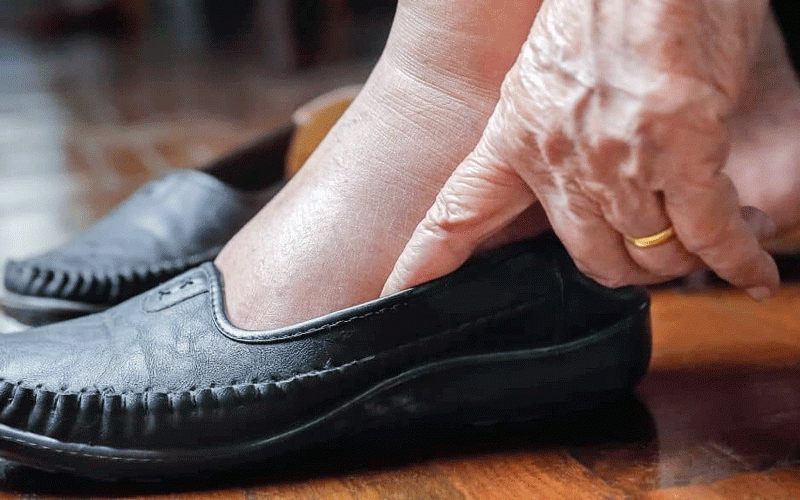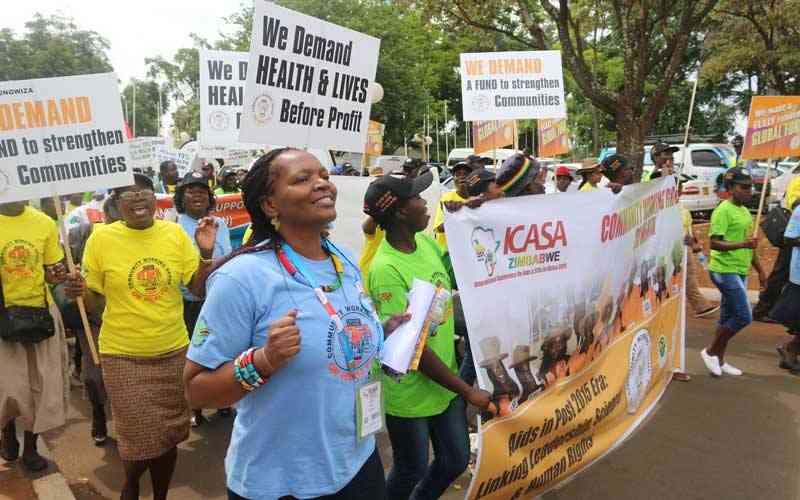
Speaking at CWGH’s 18th national meeting last week, the organisation’s executive director Itai Rusike said there was potential for rebuilding Zimbabwe’s health system from the bottom up.
“Putting in place a national PHC strategy, backed by clear service entitlements, with resources effectively applied to community and primary care levels of the health system could be an entry point to wider PHC oriented changes,” said Rusike.
“And for the communities and local health workers, it’s a matter of common sense to address health where it matters most — as close to the people as possible.”
Rusike noted that health delivery has been undermined by HIV and Aids, poverty and economic decline, social inequalities and political discord.
“As a result, despite stated policy commitments to health, communities have experienced outbreaks of epidemics and falling service quality,” he said. “At independence, the country founded its interventions in the health sector on policies of equity in health and PHC.
“This meant that not only would attention be given to treating illness, but also to promoting health, and ensuring that people do not get ill.”
Parliamentary Portfolio Committee on Health chairperson Blessing Chebundo (pictured) said the participation of communities was vital in improving the country’s health outcomes and systems.
- Chamisa under fire over US$120K donation
- Mavhunga puts DeMbare into Chibuku quarterfinals
- Pension funds bet on Cabora Bassa oilfields
- Councils defy govt fire tender directive
Keep Reading
“Despite this, participation is still loosely designed policy wise and hardly evaluated for its contribution to health outcomes,” he said.He said there are currently 17 pieces of health legislation in Zimbabwe, some of them which have become outdated.
Delegates at the meeting recommended that the country should invest in community health workers for improved health outcomes at grassroots level regarding such issues as immunisation and enforcement of public health law.
Among their recommendations, they called for the production of a simplified booklet to popularise public health law information to communities and vulnerable social groups, for example people living with disabilities.
Delegates also recommended that legislation on access to free public user friendly toilets, particularly for the disabled, should be enforced while privatisation of public services and social amenities should be challenged.











